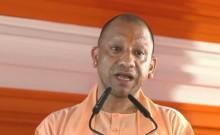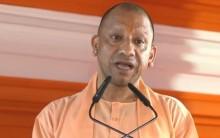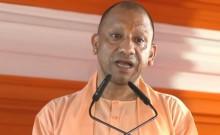Russia, the United States and powers from Europe and the Middle East outlined a plan on Saturday for a political process in Syria leading to elections within two years, but differences remained on key issues such as President Bashar al-Assad's fate.
A day after gunmen and suicide bombers went on a rampage through Paris, killing at least 127 people, foreign ministers and senior officials from more than a dozen countries agreed to work for a ceasefire in Syria's civil war, but US Secretary of State John Kerry said it would not apply to Islamic State.
French President Francois Hollande pledged a "merciless response" to the attacks, which he said had been organised by the Islamist militant force. France is part of the US-led coalition carrying out airstrikes against the group in Syria and Iraq.
Speaking in French after Saturday's talks, which began with a moment's silence for the victims in Paris, Kerry told a joint news conference with his Russian counterpart that the attacks only strengthened his country's resolve to fight terrorism.
"The impact of the war bleeds into all of our nations," said Kerry. "It is time for the bleeding in Syria to stop."
The Paris attacks shifted the focus of negotiations in Vienna from the detail of which organisations would count as opposition groups rather than terrorist ones, and could therefore take part in a political solution in Syria, to defeating Islamic State militarily, said diplomats.
"I have a feeling that there is a growing recognition of the need to create an effective international coalition to fight Islamic State," Russian Foreign Minister Sergei Lavrov told the joint news conference with Kerry and the UN envoy for Syria.
Russia has for weeks been carrying out airstrikes in Syria in support of Assad's forces. But Western powers say those strikes have mainly targeted armed groups other than Islamic State, such as pro-Western rebel militias.
On Saturday, Russia and the United States seemed to turn a blind eye to their long-standing disagreement over Assad's fate. The West and its allies say he must leave office, while Moscow and Tehran support elections in which he could stand.
"We still differ, obviously, on the issue of what happens with Bashar al-Assad," said Kerry. "But we are relying on the political process itself, led by Syrians, which it will be going forward, and the Syrians negotiating with Syrians; that that can help bring a close to this terrible chapter."
In a joint statement, the countries involved in the talks, including Saudi Arabia, Iran, Turkey and the five permanent members of the UN Security Council, laid out a plan including formal talks between the government and opposition by 1 January.
The statement did not make clear how those groups would be chosen, but said they should follow principles such as committing to Syria's "non-sectarian character" and keeping state institutions intact.
Abdulbaset Sieda, a member of the exiled, Western-backed opposition Syrian National Coalition, said the timeframe for a planned election sounded too ambitious.

















